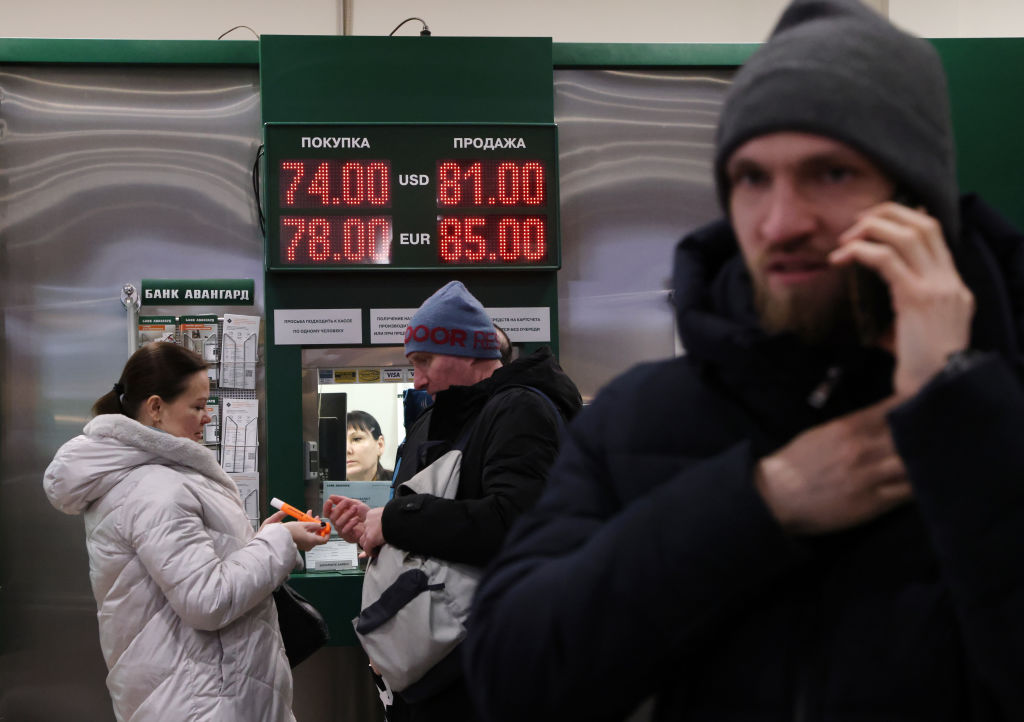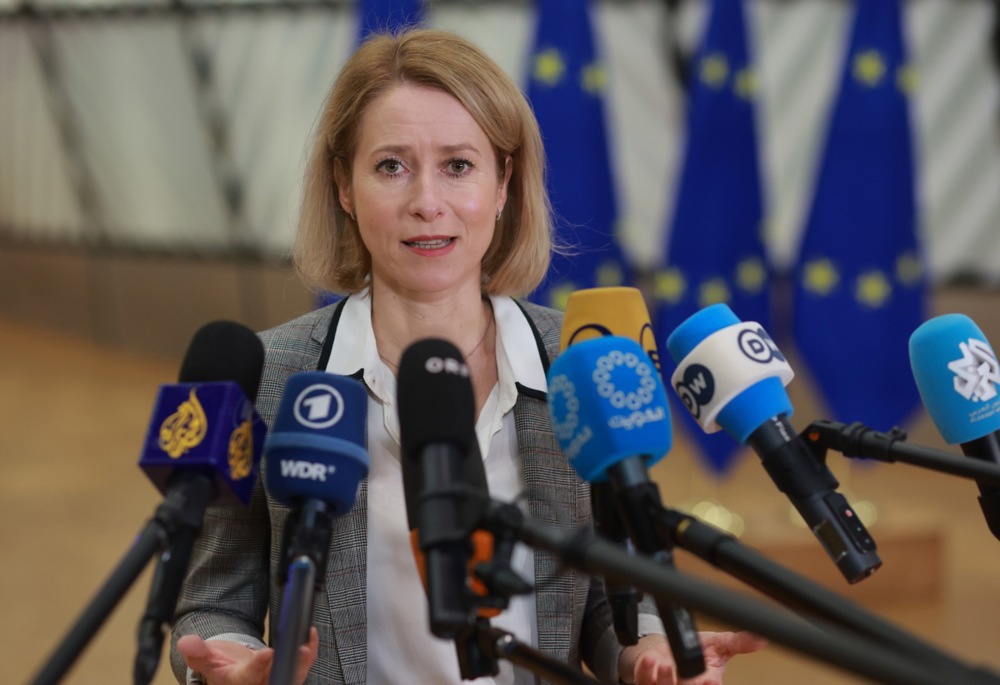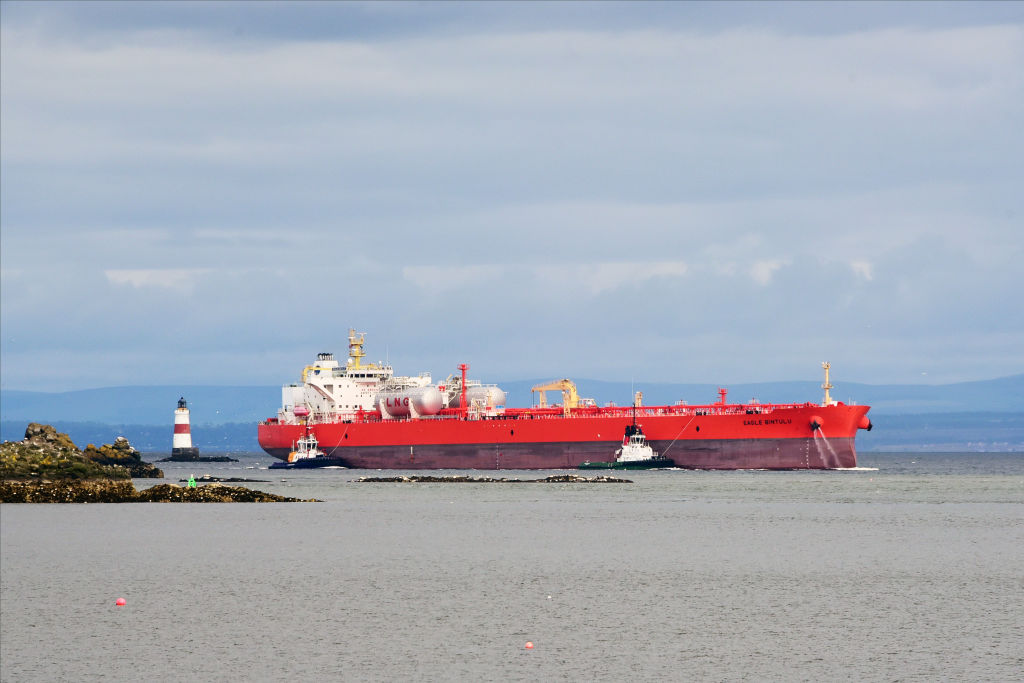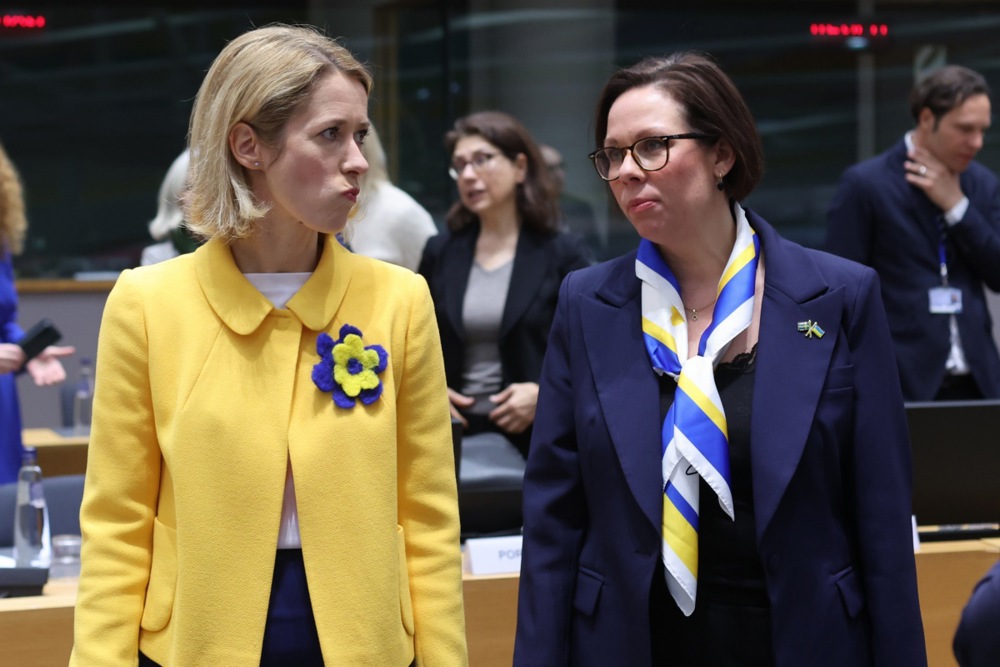The Kremlin-backed curriculum for Russian public universities and private institutions now trains students to outwit economic sanctions.
According to a report by the exiled Russian scientific media outlet T-Invariant on July 15, the education facilities offer programmes on sanctions compliance.
These programmes, some going back to 2020 – 2022, teach students how to identify risks, avoid violations and navigate sanctions frameworks.
“The country is finally rebuilding itself for a long life under sanctions,” the report said.
It said the demand was high, with many universities and private institutes offering short-term and long-term courses, from master’s degrees to brief online modules.
Russia faced the possibility of economic “collapse” as a result of sanctions imposed on it by the West, the Kremlin has said. https://t.co/BvJ3FFZE3z
— Brussels Signal (@brusselssignal) November 20, 2023
Now the Higher School of Economics (HSE) offered a ten-day course for €1,270 called State and Business in the Age of Sanctions: Strategies for successful development.
“As part of the programme, you will study the key sanctions trends and risks of 2025. You will analyse current political and economic cases. Study the most striking stories related to the restrictive measures of the US, EU, China, Russia,” the summary read on the HSE website.
The course was designed for executives and senior managers of Russian corporations, as well as owners of small and medium-sized businesses engaged with foreign partners.
It also targeted professionals in the fields of international relations and politics, managers and employees of Russian subsidiaries of foreign companies and specialists working in government relations, compliance and risk management departments.
HSE’s masters programme, labelled “the first masters programme” in Russia in the field of “International corporate compliance and business ethics”, taught students how to identify and detect risks of sanctions or other negative measures.
This programme can accept 20 Russian nationals and two international students for €5,380 each year.
Igor Lipsits, a former professor at the HSE, highlighted how the country was preparing a new class of professionals whose job would be to keep Russia’s economy running despite isolation from the West.
“Now we see that the Russian economy has entered a long-term war, and everyone understands that the sanctions will also be for a long time,” he told T-Invariant.
“Everyone is watching how Iran has been living under sanctions for 40 years. The Russian economy is turning to life under sanctions for a generation,” Lipsits added.
As Russia institutionalised resistance with the education system becoming a tool of economic survival, the European Union approved its 18th package of sanctions against the country on July 18.
This package targeted Russia’s energy revenues, the financial sector and sanctions circumvention networks.





